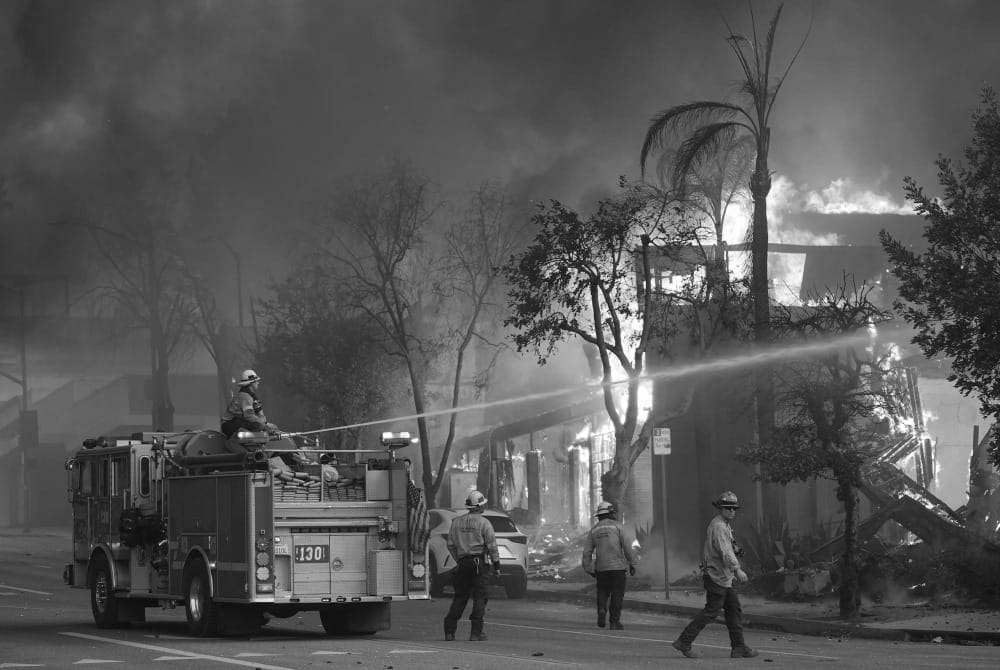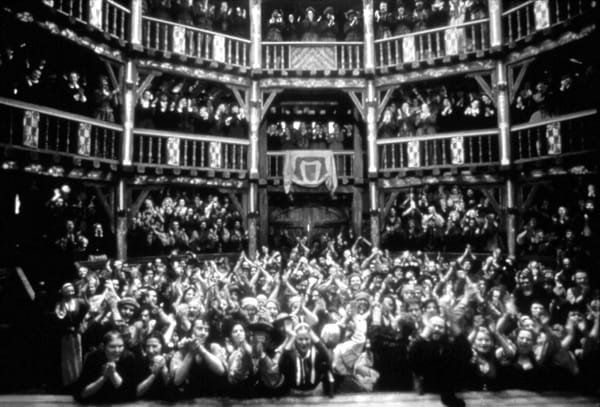Yes, Los Angeles Is Burning. No, DEI Is Not to Blame.
Within a day of the California wildfires igniting, right-wing influencers and conservative media outlets had decided what was to blame for the deadly blazes: DEI. That’s utterly ridiculous.

By the time Kristin Crowley was named fire chief of Los Angeles in March 2022, she had been with the department for almost a quarter of a century. During her 22-year career there, she had been a firefighter, a paramedic, an engineer, a fire inspector, a captain, a battalion chief, an assistant chief, and the deputy chief. In the 1990s, when she first took her firefighter exam, she’d ranked in the top 50 out of 16,000 applicants, according to Newsweek.
In other words, when Kristin Crowley took the oath of office almost three years ago, she was unquestionably qualified for the job.
As it happened, Crowley was also the first woman and first LGBTQ+ person to serve as fire chief of the Los Angeles Fire Department. She was nominated for the role after the former fire chief Ralph Terrazas quit amid accusations he had not done enough to eradicate sexism and racism in the department. Several lawsuits at the time alleged hazing and harassment. Federal investigators found evidence of discrimination.
According to The Los Angeles Times, a survey back then found that half the uniformed women in the department—as well as 40% of Black, Native Hawaiians and Pacific Islanders individuals who worked in it—felt that harassment was a problem.
So, upon assuming her new post, Crowley immediately vowed to make changes radically and swiftly. Her goal, she told The LA Times, was to make sure that all employees of the LAFD “come to work and feel safe and feel heard.” Eric Garcetti, the mayor of Los Angeles at the time, welcomed this pledge and praised Crowley as “a leader of exceptional character,” noting that it was her “brilliance” and “commitment” that had “propelled her rise through the ranks of the LAFD.” Others hailed her as a role model for women aspiring to be leaders in the fire department.
But last week, as flames burned tens of thousands of acres of the Los Angeles area to the ground, destroying lives and livelihoods, Crowley found her leadership and priorities under intense scrutiny.





